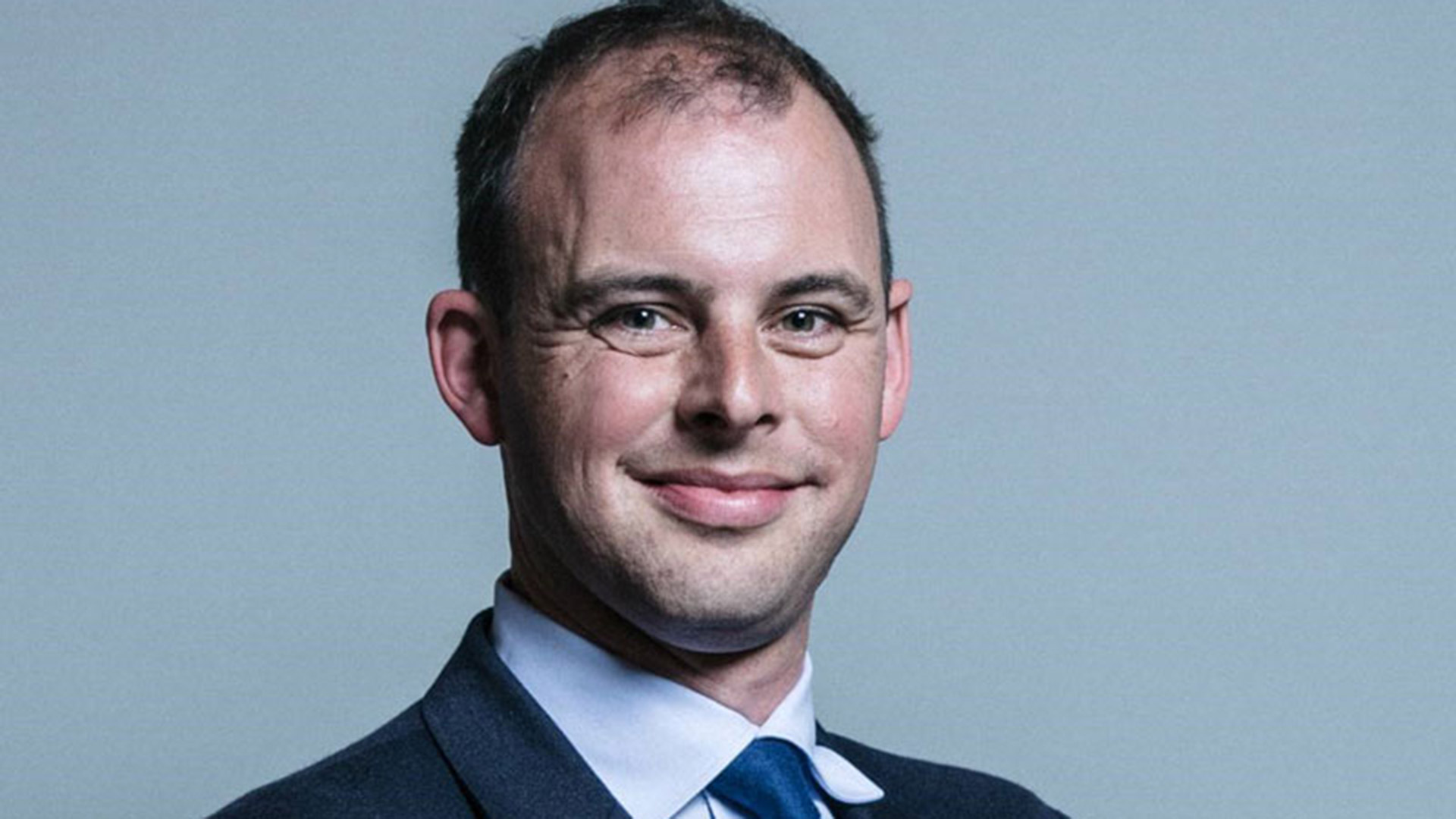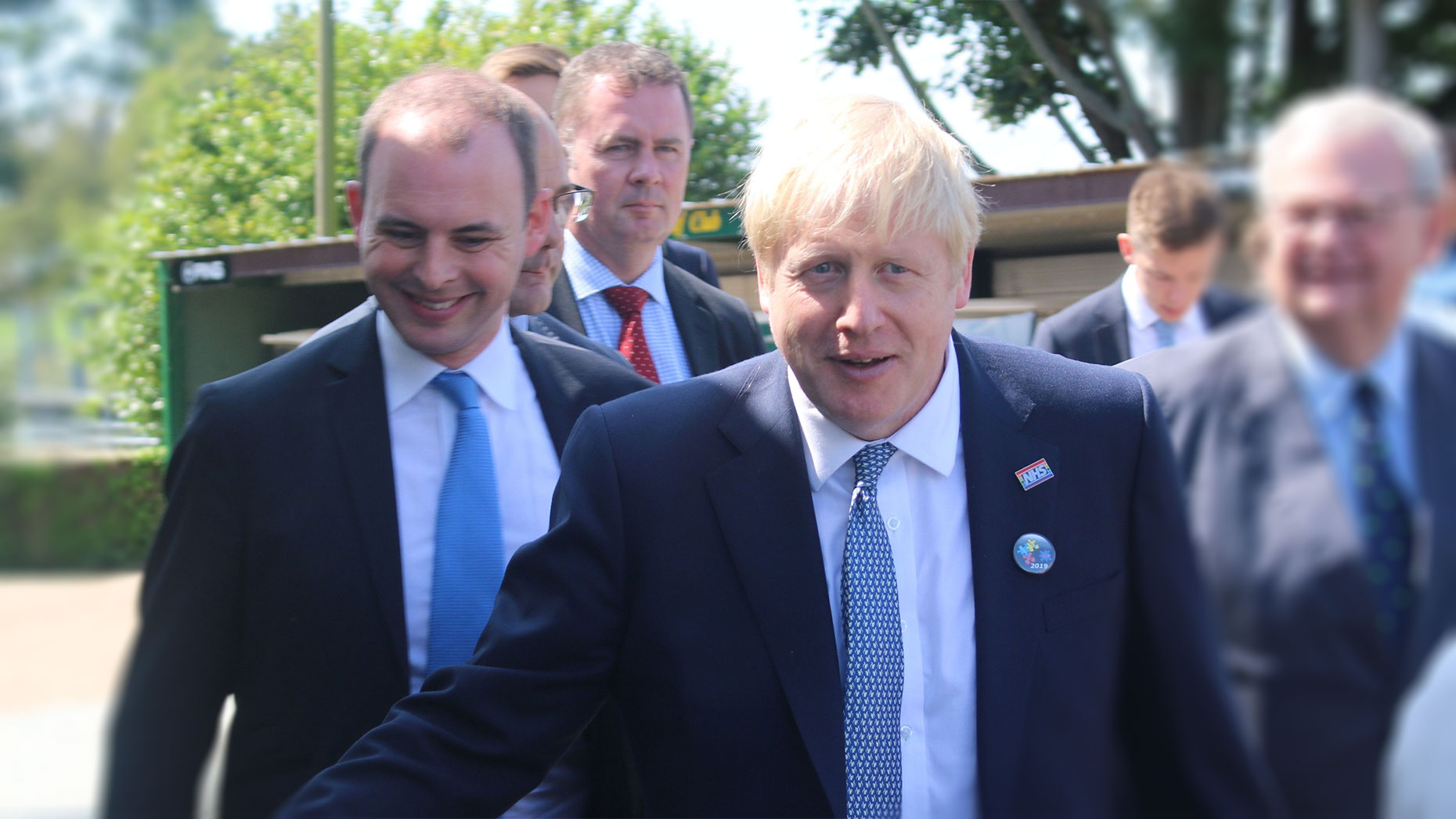When asked to reflect on 2021, it’s tempting to think it’s best to not. The year that was dominated by COVID-19, that saw so many people locked away or worse, and where many of those who went to work were afraid to do so.
But politicians, almost by definition, are optimists: it’s a vocation that people go into because we believe that the world can be better, that human ingenuity can help – that every problem has, at least to an extent, a solution.
And so it is with Coronavirus: a vaccine has been developed at lightning speed, the millions of people vaccinated the proof that it is safe. It’s right to focus on COVID in reviewing 2021, but it would also be wrong to let it crowd out every other issue.
So let’s make sure we don’t forget the strains and the achievements that have defined our NHS over the course of the year: GPs seeing more – yes more – patients, but doing it in new ways that don’t suit everybody. Millions of volunteers helping people get through difficult times and often helping in that vaccination programme itself. That brilliant vaccination programme but yes, tragically, people ill or even dying as a result of this cruel pandemic.
It has challenged the National Health Service, broken too many hearts and in some ways tested even democracy itself to destruction: we all want lockdown to end, yet we all want to do the right thing for public health. Scientists can advise, but ultimately politicians, who aren’t epidemiologists, must make finely balanced judgements that reflect all the many harms that lockdowns do. The best outcome for 2021 can be for it to lay the groundwork for a lockdown-free 2022, but that must genuinely be led by the science, which is now so much more knowledgeable about COVID.
But it is not to diminish the tragedy of COVID to note that there are plenty of other things to remember from 2021: perhaps above all, COP26 saw the world set a new direction of travel on climate change, with scores of countries finally agreeing on a move away from fossil fuels, committing to make some of the changes that are essential to see some of the most vulnerable nations on Earth defended from the perilous effects of rising temperatures. But there is more to do, be it from the countries who provide the greatest amount of pollution or indeed from our own moves to better heating and cleaner cars.
This is also the year that government has confirmed a new A&E for Boston Pilgrim Hospital and broader huge investment, Covid aside, in local NHS services. It has also seen more police on the streets thanks to a huge recruitment drive, as well as announcements that will see improvements in local train services. All these things are standard political fare in normal times, but of course this last year has been like no other. The relegation even of the moves to fix social care is testament to the unprecedented times.
So where does that leave us as we move toward 2022? Even with the uncertainty around the Omicron variant, it’s important to remember that dealing with Covid through the tightest of measures is hopefully on the way out: let’s all hope that the coming months will see less divisive, more normal politics. That is what should allow the country to move on from Coronavirus and see the benefits of the fastest growing economy in the G7 and of course that immense vaccine roll-out programme. If there’s one thing everyone should do before the year is out it’s to make sure you’ve had all the jabs you can!







